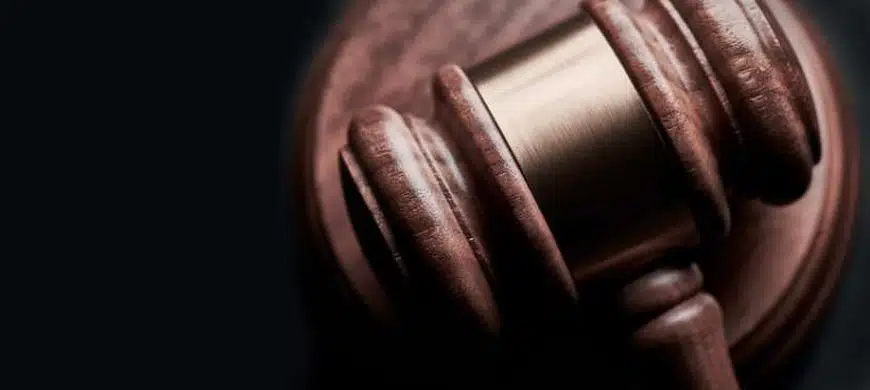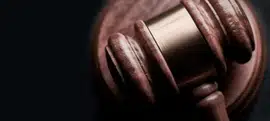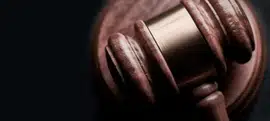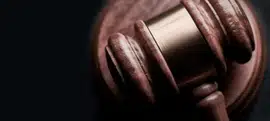
Legal Action/Solution In Case Of Cheque Bounce Case || What Legal Remedies Do We Have?
With around twenty hundred thousand cases, the Indian Courts are overpowered with cheque bounces cases filed under Section 138 of the Negotiable Instruments Act, 1881. However, an oversized variety of such cases are false cheque bounce cases to extort cash from somebody, or out of non-public grudges to malign someone’s image. A huge variety of fraud cheque bounce cases the question that has emerged over the time is the way to abscond cheque bounce cases?
To perceive the false case of a cheque bounce allows us to 1st understand what's a cheque bounce? A cheque is claimed to be bounced once it can not be processed by the bank for the need of non-sufficient funds within the account or for numerous alternative reasons inclusive of paramount on the cheque, payment stopped by account holder, signature not matching on cheque etc.
4 Things to try to to in a very Cheque Bounce case
People who are a suspect in a very fake cheque bounce case in India, sadly, find themselves facing the legal implications of a cheque bounce case and paying cash as they lack the relevant information of the legal course required if a false cheque bounce case is filed against them. Here’s what you'll be able to do to defend a cheque bounce case:
1. Keep a replica of relevant documents: Precaution is often higher than cure! Keep a replica of all the relevant documents that prove that a deal has been created through a cheque you issued. The payment invoice, copy of cheque, checking account statement, order of payment cheque etc. are a number of the documents that you just will keep as a signal of payment in a very faux cheque bounce case.
Legal implications of Cheque Bounce in India
2. Contact your bank: once you receive data concerning bank dishonour of cheque from the cheque bearer, contact your bank forthwith to induce data whether or not the cheque has even bounced within the 1st place or not. If the cheque has truly bounced, the bank can give notice concerning the dishonouring of the cheque and also the reason why it had been dishonoured.
3. Send a reply to legal notice: If you have received a cheque bounce legal notice concerning a cheque bounce case, the primary factor you must do is rent a professional person for the cheque bounce case to send a prompt reply to the cheque bounce notice. A amount of thirty days is given below the Negotiable Instruments Act to send a reply to cheque bounce notice. The cheque bounce professional person can draft a reply to 138 notice the person accusing you of cheque dishonour. once an individual has sent a false cheque bounce case notice, causation them a legal reply sometimes makes them withdraw their fraud case.
Legal remedies just in case of Cheque Bounce in India
4. File a counter case: If the person files a false cheque bounce case against you within the court, you'll be able to file a reply to the case through a professional person for the cheque bounce case close to you. you'll be able to additionally file a counter file of cheque against the person for filing a false cheque bounce case against you. you'll be able to additionally file a civil case for cheque bounce to say compensation for false cases, the damages and expenses incurred for handling the bank fraud cases and a criminal case for filing a false case, at the side of a case of defamation against the person.
For additional queries or confusion concerning the legal nitty gritty of a false cheque bounce case, arouse knowledgeable legal recommendation from CONTRACTEASILY now!
Cheque Bounce
It is possible to avoid the surplus legal problem of a false cheque bounce case by consulting an experienced professional person for a cheque bounce case in India, who will guide you about the right action to require at the correct stage before it’s too late. CONTRACTEASILY connects you with the simplest lawyers for cheque bounce cases in India to modify a false cheque bounce case.







Posted In: Civil Law
Posted By: RASHICHOUDHARY
Tags: Indian Law, law, legal, attorney, consultancy, lawyers, civil law, criminal law
983